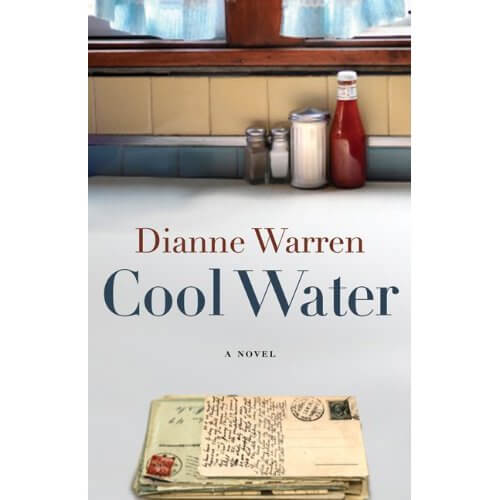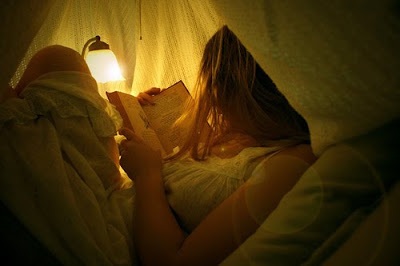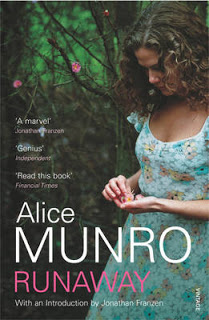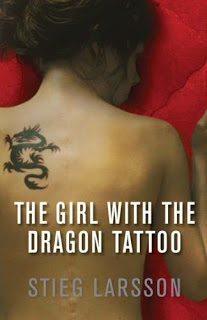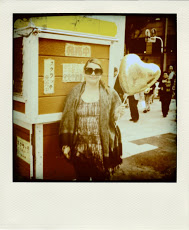I've been reading a lot lately: on the tube, on trains, in bed, in the bath. I don't have a lot of free time, but I've taken to stealing moments wherever and whenever I can. Though I've always been a big reader, my enthusiasm for it comes and goes, and the craving for books tends to come hand in hand with times when I'm feeling more creative myself.
There are so many books I want to read before we go traveling in the spring, because books are heavy and I'm not going to be able to take many of them with me. I am debating purchasing a
Kindle because it is infinitely more practical to carry around the world than a library of books, but I love the smell and feel of a real book (though granted, not the heft or weight). If anyone uses a Kindle, let me know your thoughts.
Here are some of my recent reads:
Alice Munro, Runaway
I've been never been a big reader of Munro, despite having majored in English Lit and Women Studies in university. For some inexplicable reason, I've always associated her with required Canadian Lit reading - the sooty cannon of my homeland's fiction that isn't exciting or good, just well written in that placid, polite way that Canadians are known for.
Runaway is prefaced by
Jonathan Franzen, who proclaims over and over again in the first 20 pages of the book that, in no uncertain terms,
Runaway will save your soul.
I don't know that my soul was saved, but then I don't know that it was in danger to begin with; but I did really enjoy this book. It was quiet and sad and had really lovely moments that felt like looking in a mirror tenderly at an older version or a not yet existing version of myself. Not that I think Munro is writing about me - but her characters are filled with all the doubt, regret and joy that haunt most self-aware people.
The Millennium Trilogy by Steig Larsson (
The Girl with the Dragon Tattoo
,
The Girl Who Played with Fire
and
The Girl Who Kicked the Hornets Nest
)
Sometimes it's really nice to read a book because it is easy and fun. This trilogy is not terribly well written and I have all kinds of issues with some of the linguistic decisions the translator made. There are way too many unnecessary applications of the word 'had' in these books. For example,
"Ever since he had begun his relationship with Cecilia he had talked fairly openly about Harriet with her. Cecilia had already deduced that this was his real assignment, even though he never formally admitted it. He had certainly never told Henrik that he and Cecilia had discussed the subject."
I actually think this obsessive use of the word 'had' becomes more pronounced with book two and three. It drove me a little mad to the point where the only way I could continue was by removing them in my head as I read.
I originally found Larsson because his life and death was such a curiosity. He built his career as a journalist on exposing corruption and fighting fascism in Sweden, with a particular focus on skin heads and neo-nazis. He never published fiction before the Millennium books and even at that, he wrote all three of them before finding a publisher. Only weeks before the first book was set for release, he died suddenly, barely in his mid-fifties, of a heart attack. His partner of over 30 years is currently in a battle with his estranged father and brother who want control of Larsson's literary estate. Larsson and his partner never married because in Sweden, when you marry, your name and address is put on a public registry. Because he made some pretty major enemies throughout his career as a journalist, he was worried about the safety of his partner if their address was put into the public domain.
The Millenium Trilogy aren't a great work of art, but they are fast paced, the plots are intricate and most important to me, I got to really care about the two main characters. I rooted for them both and found myself reading quite quickly through to find out what would become of them. Lisbeth Salander in particular is a really great character - autistic, difficult, brave, vindictive and brilliant. Nancy Drew for the adult, modern, conflicted woman. Strangely, Larsson seemed to identify the most with his female characters and most of the men in his novels are hateful and abusive. Women are mostly victims, with Lisbeth Salander as the vindicator and martyr - the strong, angry woman who keeps rising up to fight, well, everyone. It's not Chekov, but if nothing else, an entertaining, good read.
***
I'm currently about mid-way through
Capote: A Biography
by Gerald Clarke and next up are
Nine Tormented Hope: Nine Hypochondriac Lives
by Brian Dillon, and
The Little Stranger
by Sarah Waters. Anyone reading anything good? I am always interested in recommendations.











